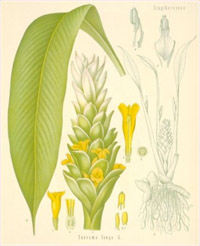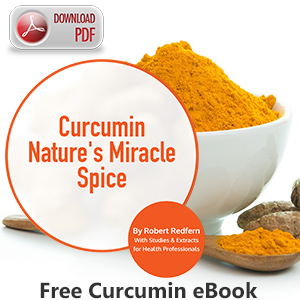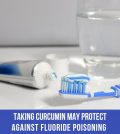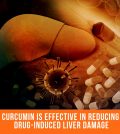Home
[vc_row][vc_column][vc_column_text]
Welcome to CurcuminHealth.info!

Curcumin
All round Spice for general well-being. Curcumin, is the main biologically active part of Turmeric. Over 500 references to articles on Turmeric and Curcumin have been published in peer reviewed professional journals.
It has been identified in pharmacology as:
Antibacterial • Anti-inflammatory • Antivral • Diuretic • Anti-oxidant • Anti fungal • Anti yeast • Carminative Antiallergenic • Anti-spasmodic • Anti-tumour
Turmeric and Curcumin traditionally been used to support those suffering from pain and inflammation:
Acne • Digestive Disorders • Allergies • Gallbladder Problems • Ascites • Liver Damage • Auto-immune Disorders • Liver Disorders • Burns • Skin Rashes • Chicken Pox • Tumours • Diabetes • Ulcers and Eye Problems such as Cataracts
If that is not enough, Turmeric has been used for thousands of years by Indian Women to make their skin beautiful and blemish free.
No side effects have been found taking high doses of Curcumin; rare cases of stomach upset or diarrhoea may be resolved by temporally, reducing the dosage and taking with food.
There are plenty of New Studies which show benefits with:
Alzheimer’s • Anti-Arthritic • Kidney-Disease • Anti-Coagulant • Liver-Disease • Lowering-LDL-and-Raising HDL-Cholesterols • Anti-Carcinogenic and Anti-Cancer • Anti-Viral
[/vc_column_text][/vc_column][/vc_row][vc_row full_height=”yes” content_placement=”top” parallax=”content-moving” parallax_image=”897″ css=”.vc_custom_1446645252187{margin-top: 10px !important;margin-right: 10px !important;margin-bottom: 10px !important;margin-left: 10px !important;}”][vc_column][vc_column_text] Inflammation in Alzheimer’s disease (AD) patients is characterized by increased cytokines and activated microglia. Epidemiological studies suggest reduced AD risk associates with long-term use of nonsteroidal anti-inflammatory drugs (NSAIDs). Whereas chronic ibuprofen suppressed inflammation and plaque-related pathology in an Alzheimer transgenic APPSw mouse model (Tg2576), excessive use of NSAIDs targeting cyclooxygenase I can cause gastrointestinal, liver, and renal toxicity. One alternative NSAID is curcumin, derived from the curry spice turmeric. Curcumin has an extensive history as a food additive and herbal medicine in India and is also a potent polyphenolic antioxidant. To evaluate whether it could affect Alzheimer-like pathology in the APPSw mice, we tested a low (160 ppm) and a high dose of dietary curcumin (5000 ppm) on inflammation, oxidative damage, and plaque pathology. Low and high doses of curcumin significantly lowered oxidized proteins and interleukin-1, a proinflammatory cytokine elevated in the brains of these mice. With low-dose but not high-dose curcumin treatment, the astrocytic marker GFAP was reduced, and insoluble -amyloid (A), soluble A, and plaque burden were significantly decreased by 43-50%. However, levels of amyloid precursor (APP) in the membrane fraction were not reduced. Microgliosis was also suppressed in neuronal layers but not adjacent to plaques. In view of its efficacy and apparent low toxicity, this Indian spice component shows promise for the prevention of Alzheimer’s disease. Read more
[/vc_column_text][/vc_column][/vc_row][vc_row][vc_column][vc_basic_grid post_type=”post” max_items=”10″ style=”load-more” items_per_page=”6″ gap=”25″ btn_color=”green” btn_align=”center” grid_id=”vc_gid:1456400581194-a453bc2b-1813-10″][/vc_column][/vc_row]






